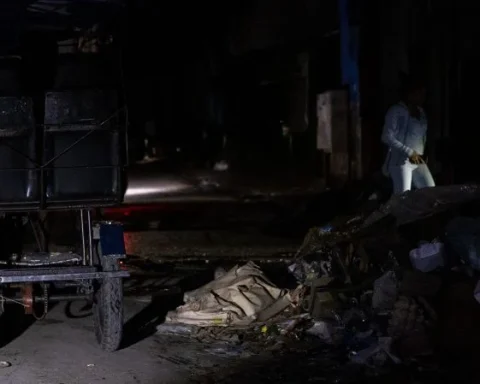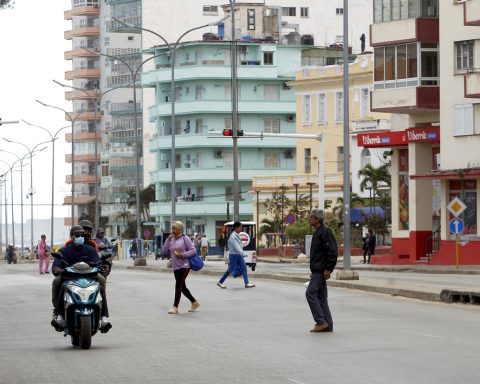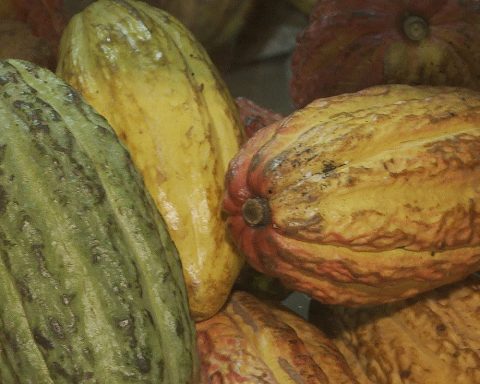Havana Cuba. — During its secular existence, bureaucratic socialism has been synonymous with scarcity, with dearness. The countries in which the deceptive theories of Marxism-Leninism have taken hold have been unsurpassed examples of everything that should not be done. In them, together with the most excessive promises of constant overcoming and improvement, they have lived frightening experiences of honda misery.
When the latter can no longer be hidden, theorists invoke the “mistakes” committed by the holders of power. They do not say it in so few words, but the essence of their defenses, in such circumstances, boils down to the following: the theory is perfect and unquestionable, what happens is that the people in charge of giving them life, with their mistakes, have led to opposite realities.
Of course, this argument, from its very roots, is a lie. Under the pretext of fighting against obtaining “surplus value”, the socialist bureaucrats reject market mechanisms, which are the only ones that allow resources (always limited) to be assigned to economic activities that produce the greatest benefits; that is, with maximum efficiency.
As a result of this erroneous conception, prices are determined by a ministry full of obese bureaucrats, who are the ones who, by themselves and before themselves, determine what value this or that product will have. Ultimately, what determines that a given item is worth, say, 10 (and not 1 or 100)? Ultimately, this is due to the arbitrary decision of the board or head of shift.
In these circumstances, it is natural that inefficiency and waste become an inseparable part of socialism, and that the so-called “paradises of the proletariat” become (and increasingly so) kingdoms of scarcity and misery. The great victims of this unfortunate reality tend to be precisely the members of the supposed “dominant class”; that is, the workers.
In the end, it was not for nothing that in the late 1980s countries that had suffered from bureaucratic socialism for decades turned away en masse from this unnatural system. It was — without a doubt — a process of great universal historical importance. And it is opportune to emphasize that, with a single exception (that of Romania, where the violence was extremely limited in time, space and consequences), these countries got rid of socialism in a bloodless way.
But while in the extensive expanses of Eurasia the previous experiences were lived, in our Cuba the Castro-communists maintain at all costs the inoperative system of command and command. It is inevitable, then, that in the independent press of this Greater Antilles there will be a succession of works in which the unfortunate process by which ordinary citizens regress is described: the least unfortunate have acceded to misery, and the rest already see before him the terrifying specter of indigence.
This Wednesday, for example, in this same digital newspaper, Ernesto Pérez Chang published a pleasant chronicle about the “new rich” of the Island. As everything in this life is relative, the colleague ironized: in Cuba, the mere fact of transporting a bag with some products purchased in foreign currency (especially if the transfer is done on an electric motorcycle ) is enough for the lucky one to be considered by his compatriots as a man of “fortune”.
But it is not necessary that we argue about the current situation of the generality of Cubans. This becomes a superfluous task when the same Castro regime and its feathered men and parrots, with their daily propaganda activity, take it upon themselves to show us, beyond any reasonable doubt, that socialist Cuba is certainly a miserable country.
In a past journalistic work I alluded to the shameful practice enshrined in the National Television Newscast: in each broadcast, an official from the Unión Eléctrica (UNE) makes a detailed presentation on the generating units that reduce their contribution to the national electric power system and on those others that, on the contrary, increase it.
That embarrassing daily inventory of misery allows the bureaucrat to report on whether all the demand can be covered or, if not, to clarify the magnitude of the blackouts that ordinary Cubans will have to suffer that day. Detailed information on the arrival of a ship loaded with liquefied gas was also added to this practice; this information allowed to appease a little the users outraged by the disappearance of this cooking medium, which is the one they have.
As the path of the worst is infinite, information about the arrival of a shipment of wheat flour has now also been added to the picture described above. The head of the Castro media cubadebate from a couple of days ago, says it all: “Wheat ship arrives in Cuba to guarantee the production of regulated bread.”
The aforementioned propaganda medium does not go into these details, but this information served to bring some peace to users in the interior of the country, who went two days without receiving the scrawny roll that each user gets for the “supply booklet.” Reason enough for alarm in this miserable Cuba! About what other items will we have to hear information of this type in days to come! Rice? The grains? The sugar!
The sad inventory of misery is expanding and generalizing in our country. But —be careful!— That the visit of her less graceful sister (indigence) is already a reality for our most unfortunate compatriots and an imminent threat for a growing number of others.
OPINION ARTICLE
The opinions expressed in this article are the sole responsibility of the person who issues them and do not necessarily represent the opinion of CubaNet.













